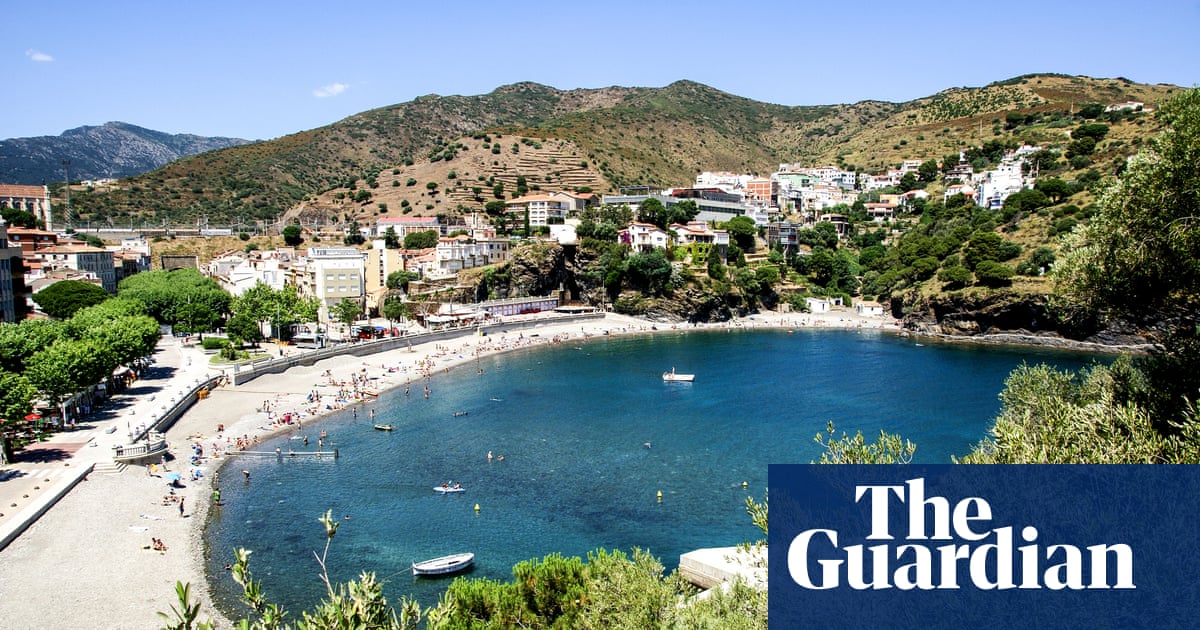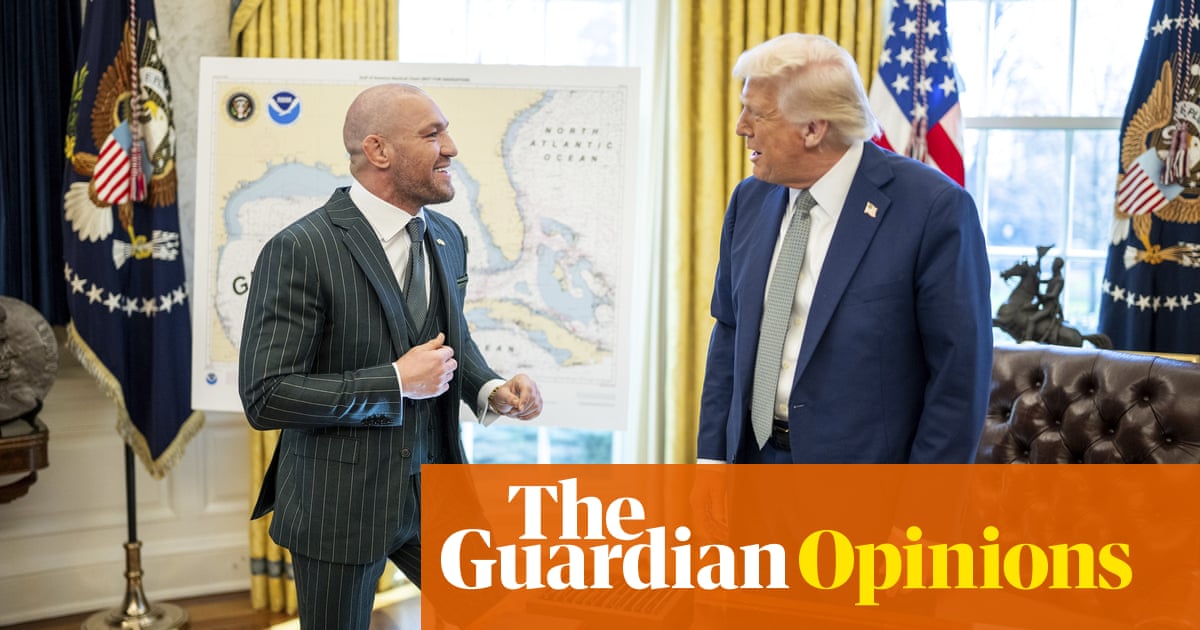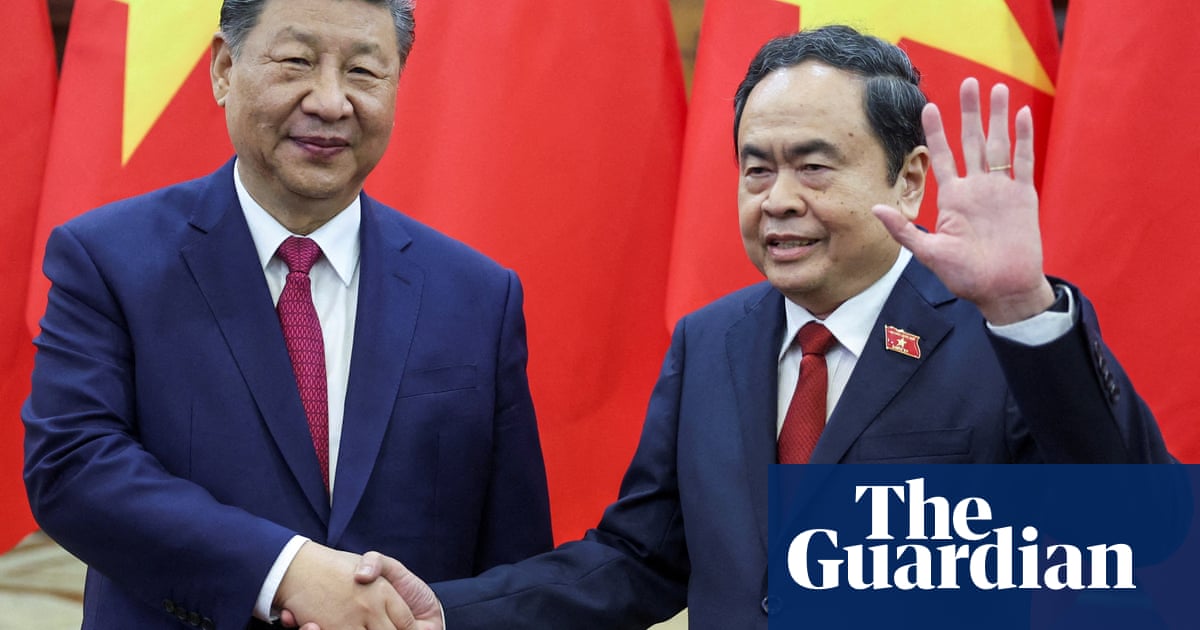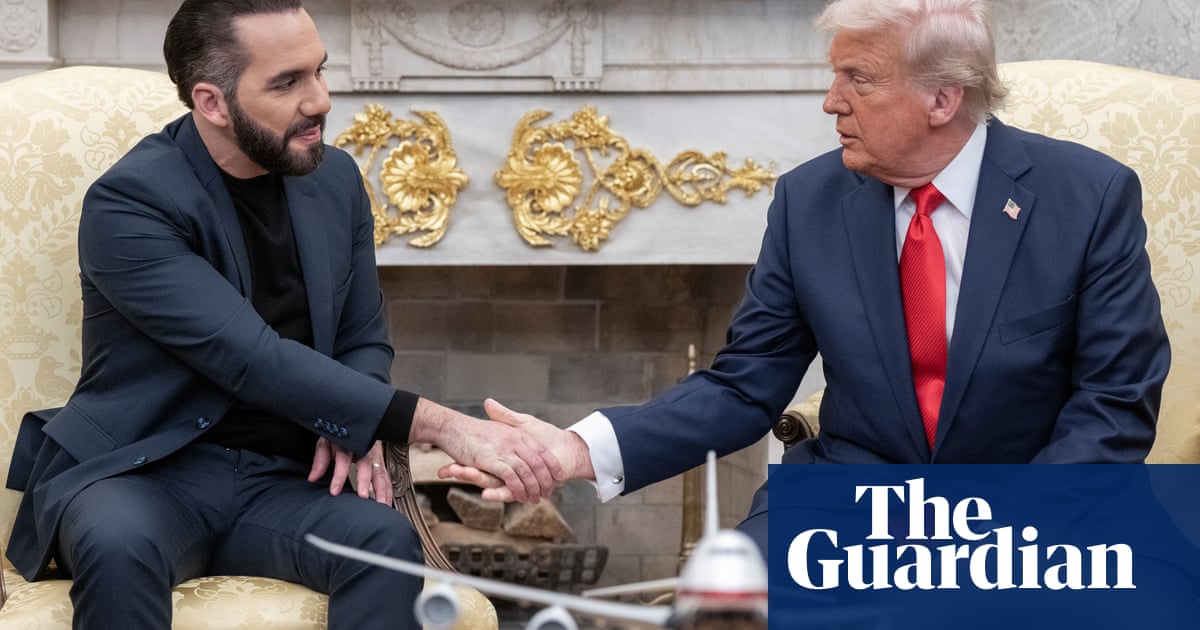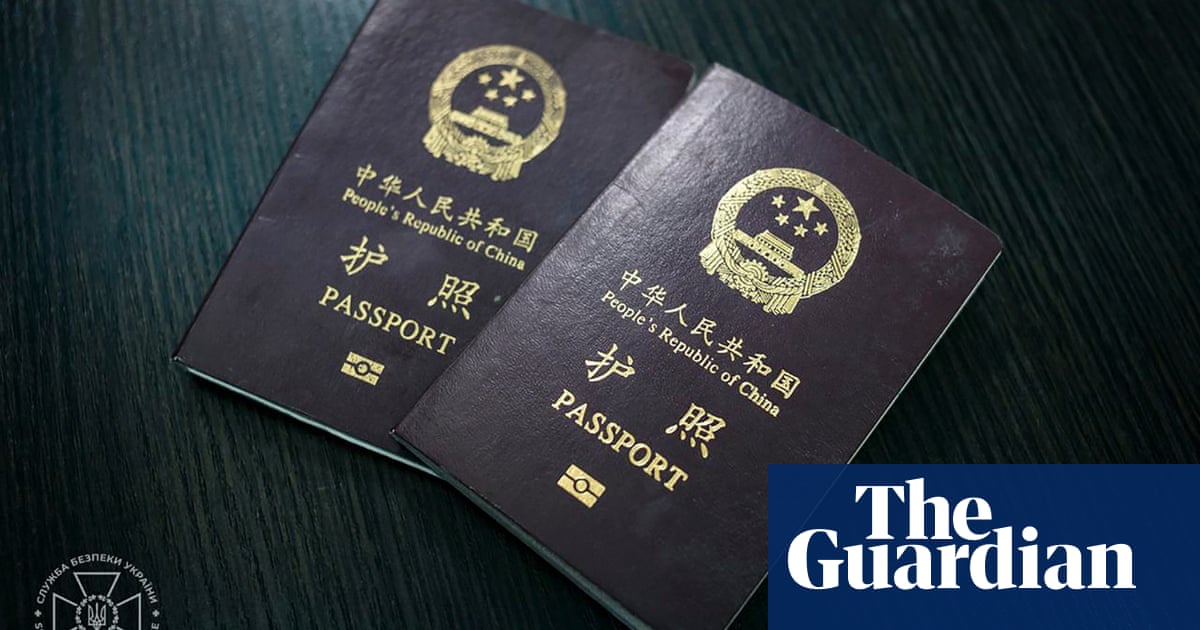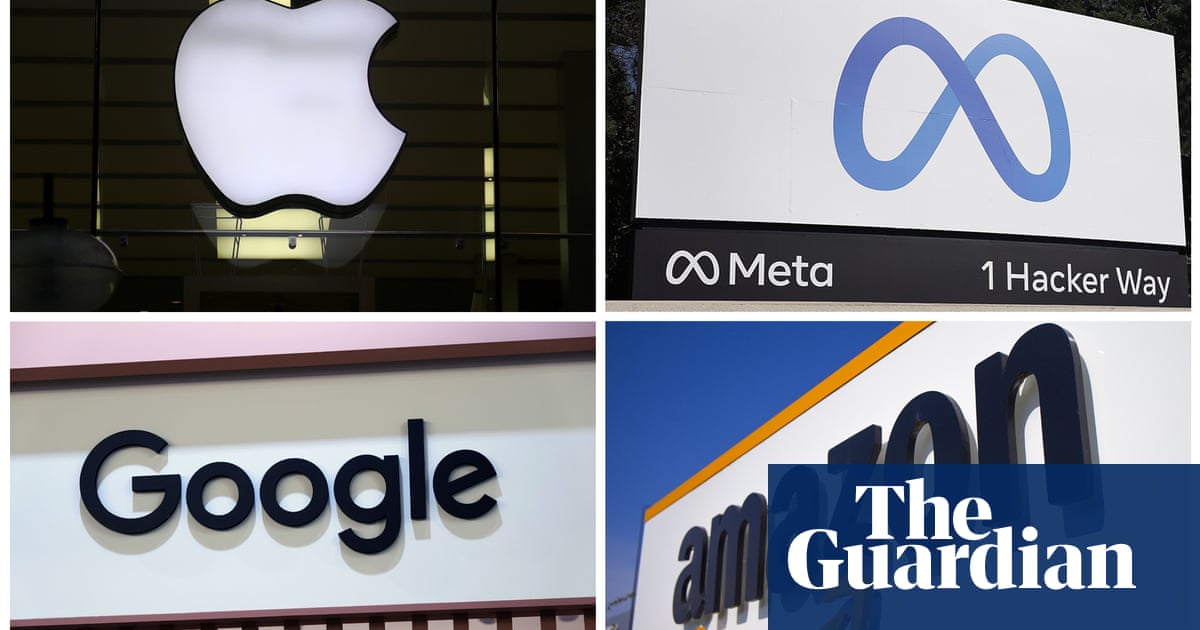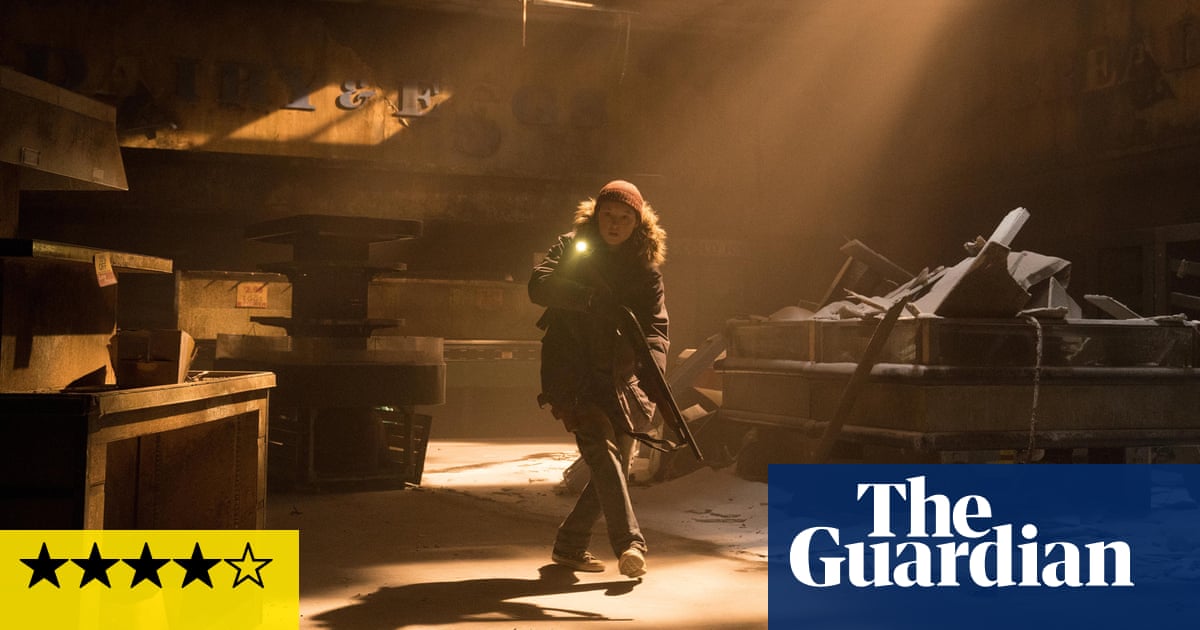The four stately queens were saved. Mary, Vicky, Annie and Bessie are the mighty blast furnaces, though only two are still in action. Jubilation broke out in Scunthorpe, North Lincolnshire council leader Rob Waltham told me, exhausted from striving to keep the steelworks open. “I’ve just been talking to a family with three generations all working there,” he said. “It’s all the family’s earnings, all about to lose their jobs at once. The eldest retires next week, really afraid his pension might have gone.”
Such was the suspicion of Chinese owners Jingye that workers blockaded the plant on Saturday morning to stop executives entering; they were reportedly worried that they might sabotage the works as the emergency bill in parliament was stripping away their power. Jonathan Reynolds, the business secretary, told the Commons how negotiations with the owners had come to naught: he said it had become “clear that the intention of Jingye was to refuse to purchase sufficient raw materials to keep the blast furnaces running.” In the Lords, John Reid, former defence and home secretary, blamed Boris Johnson for recklessly allowing British Steel to be sold to a company in a hostile state. “Did it never occur to anyone,” he asked sardonically, “that it may be, in a competitive world, in the interest of the Chinese government to purchase and then close down the British steel industry?”
Waltham says 20,000 Scunthorpe people are dependent on the plant. As the Commons debated the bill, he was talking to the owner of a firm with 200 people working inside it on a maintenance contract. “It might have finished a small company,” he said. Full nationalisation of British Steel is near-certain, but couldn’t be done in one parliamentary day.
Eight years leader of the council, Waltham is the Conservative candidate in next month’s elections for the new Greater Lincolnshire mayoralty. But he has no ideological qualms about nationalisation, a word that Tony Blair and Gordon Brown never dared utter, using euphemisms when they were forced to nationalise Railtrack, the precursor to Network Rail, in 2002. Waltham says: “Government intervention here was inevitable, I always said so. When a market fails, there’s no choice and other essential heavy industries under pressure may need the government too.” That echoes Reynolds telling the Commons that most of Britain’s “foundation industries” were in “substantial difficulty” when Labour took office. While Tories postured loudly in the Commons about needing a one-year sunset clause to end these unwelcome emergency powers, Waltham was telling me the government needs to run the plant for three years or more to transition to electric arc furnaces.
This government is not allergic to the notion of public ownership: Blair had made ditching clause IV his emblem of “newness”, abandoning the Labour party’s commitment to “the common ownership of the means of production, distribution and exchange”. The Starmer government will say it’s “pragmatic”, quite rightly. But the dilemmas are hard, even if not ideological. The epic failure of Margaret Thatcher’s privatisations are plain for all to see, but she’s not here to castigate. Public support has soared for bringing rail, mail, electricity and buses back into public ownership, reaching 82% for water. Privatisation has left Thames Water £16bn in debt and with decrepit machinery. Should the state really take on heavily indebted, loss-makers that swallow up funds for public services, if a company will shoulder some of the risk? Yet there should be a healthy suspicion of any company stepping forward: private equity group KKR is top of the bidding for Thames, so someone clearly thinks there’s money in our sewage. Ditto any other bidder for British Steel after a series of short-lived, dud owners.
What is the “pragmatic” solution when Scunthorpe is reported to be losing £700,000 a day? As in their manifesto, Labour has £2.5bn set aside to revive the steel industry, but that could be drained fast. Rousing patriotic words rang through the Commons on the need for a “sovereign” steel industry to defend us from a wildly uncertain world: speaking on Sunday, Reynolds admitted the raw materials might not arrive in time to save it.
“At the heart of this debate is actually a very simple question – can we entrust a critical national asset to a company that we do not trust? … In a world where threats to our economic security multiply each day, we cannot allow that risk to fester at the heart of our industrial core,” went Liam Byrne’s eloquent tub-thumper, as chair of the Commons business and trade select committee. Just before the debate, reading the emergency steel bill’s wording, he said to Reynolds, only half-joking, that he would add an amendment removing the word “steel” so these commanding powers could be used for any industry in the national interest.
Our nationalisation phobia has handed state assets over to foreign governments to make handsome profits that should have been ours. The French and Italian states own chunks of our railway companies, while nearly half our offshore wind capacity is controlled by foreign state-owned entities, including Denmark and Norway. If they can make them turn a profit, why not our own government? Thatcher’s mystical belief that private is always more efficient died long ago.
The world has indeed changed and the government needs to be alert to all the shifting moods in the air. It must stop respecting outdated shibboleths, speed up a radical industrial strategy – and urgently reopen the trade routes to Europe that would support many more workers. Reynolds ended his speech with “Take back control!” A clear signal of intent for a newly activist, interventionist state.
-
Polly Toynbee is a Guardian columnist

.png) 1 day ago
8
1 day ago
8

